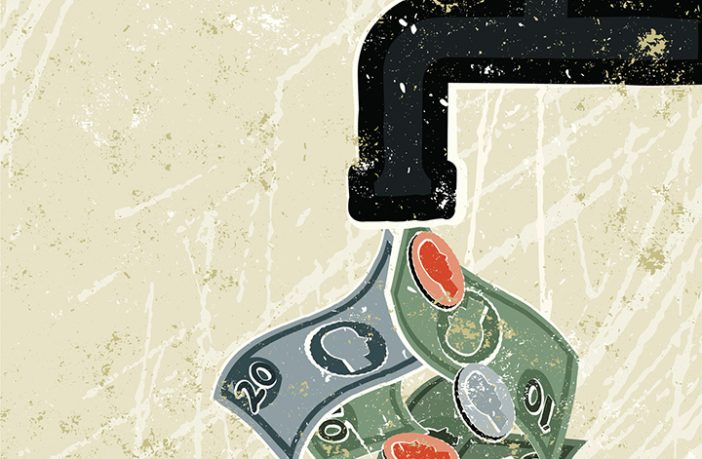The world remains in the throes of a viral pandemic, but the World Bank is looking ahead.
In an article titled,“Remittances in Times of the Coronavirus – Keep Them Flowing,” the World Bank reports that the global network of cash transfers from migrant workers to their homelands has been “frayed by job losses.”
Remittances hit a record $706 billion last year, with $150 billion from the United States. But payouts are plummeting amid the planet’s health and financial crisis.
Mexican President Andrés Manuel López Obrador last week urged his country’s citizens living legally and illegally in the U.S. to keep shipping money south. Calling remittance-sending Mexicans “our living heroes,” he implored them “not [to]stop thinking about their loved ones.”
Remittances by Mexican nationals reached a record $36 billion in 2019, with the U.S. the No. 1 source. Amid the coronavirus pandemic, that figure could fall 20 percent this year. Other Central American countries, equally hooked on remittances, worry about similar drops.
The World Bank maintains that remittances help less-developed nations alleviate poverty, reduce child labor and enhance nutrition and education. As such, the bank asserts that “targeted efforts to support migrant communities in host countries are urgent.”
To keep the money moving, the bank wants wire transfer facilities declared “essential services.” Post-pandemic, it will seek “faster adoption of digital financial services to make remittances cheaper and more convenient.”
These are Band-Aids for a sick system. In glossing over the transnational costs of remittance dependency, while failing to distinguish between legal and illegal migration, the World Bank would perpetuate a cycle of misery and dysfunction.
As it looks out for foreign workers, including millions illegally present in the U.S., the bank turns a blind eye to damage inflicted on Americans. Its fixation on moving dollars abroad is particularly crass when more than 16 million Americans have lost their jobs in the past three weeks.
A better strategy would have remittance-craving countries shaking off their unhealthy dependence. Rather than facilitating institutional corruption and crime that stunt their economies, government leaders must work to open more employment opportunities at home. True wealth and human capital come from within, not via Western Union moneygrams.
U.S. leaders also need to get serious about the problem of remittances, which siphon billions of dollars annually out of U.S. communities. For starters, the federal government can build on Oklahoma’s example, and begin levying a 1 percent fee on all outbound international wire transfers.
As FAIR noted before coronavirus hit America, “It’s bad enough that people are entering the country illegally. What’s even worse is that they don’t appear to be paying for the public services they are using. A remittance tax would be a good first step in alleviating that problem.”




